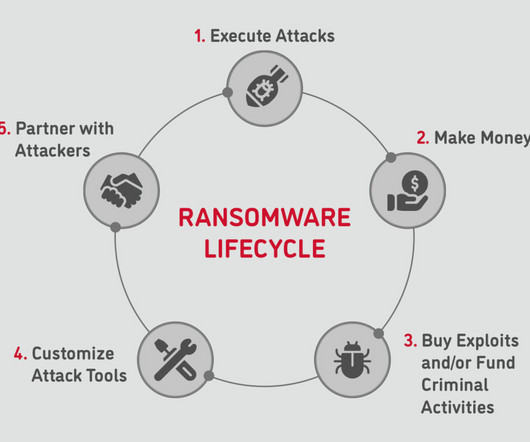Group-IB and CryptoIns introduce the world’s first insurance against cyber threats for cryptocurrency exchanges
Security Affairs
NOVEMBER 6, 2018
Group-IB and Swiss insurance broker ASPIS that owns CryptoIns project, have developed the world’s first scoring model for assessing cryptocurrency exchanges. Based on the risk score, CryptoIns experts have calculated insurance rates for cryptocurrency exchange users who can now insure their accounts against cyber threats.












Let's personalize your content